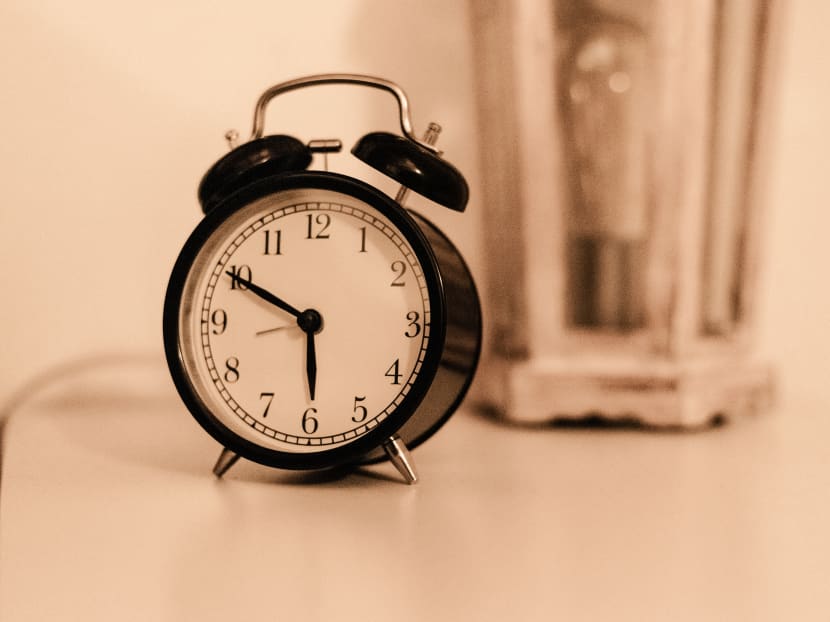Sleep-deprived teens who take afternoon naps more alert, but potentially have higher risk of diabetes
SINGAPORE — Researchers in Singapore sought to answer this question: If sleep-deprived teenagers can have only 6.5 hours of shut-eye per day, are they better off sleeping continuously at night, or getting five hours’ sleep at night and taking a 1.5-hour afternoon nap?

A study by Singapore researchers, published in a journal called Sleep, demonstrated for the first time that different sleep schedules may have different effects on cognition and glucose levels, other things being equal.
SINGAPORE — Researchers in Singapore sought to answer this question: If sleep-deprived teenagers can have only 6.5 hours of shut-eye per day, are they better off sleeping continuously at night, or getting five hours’ sleep at night and taking a 1.5-hour afternoon nap?
This was because students themselves wanted to know.
Professor Michael Chee, director of the Centre for Cognitive Neuroscience at Duke-NUS Medical School, said: “We undertook this study after students, who were advised on good sleep habits, asked if they could split up their sleep across the day and night, instead of having a main sleep period at night.”
The researchers found that the two sleep schedules achieved different health goals — although performance and mood outcomes for both were inferior to having nine hours of sleep a night, which is the appropriate amount for adolescents.
The teenagers with split sleep showed better alertness, vigilance, working memory and mood than their counterparts who slept 6.5 hours continuously, said Prof Chee.
This is because a nap, even a short one, helps the body to recharge, he said.
But their bodies did not handle glucose as well as the group that slept 6.5 hours continuously. In oral glucose tolerance tests, teens who had split sleep demonstrated a greater increase in blood glucose levels.
“The challenge is that from a metabolism viewpoint, there is a downside,” said Prof Chee.
The study, published in the journal Sleep this month, demonstrated for the first time that different sleep schedules may have different effects on cognition and glucose levels, other things being equal.
Fifty-eight students aged 15 to 19 took part in the 15-day study, which was conducted in a school dormitory during a holiday period in 2017.
“The split-sleep schedule is better for cognitive performance, but we’re not about to recommend this to all kids because when it comes to blood glucose, potentially, your risk for diabetes is higher with split sleep compared to continuous sleep,” said Prof Chee.
More research, however, is needed to see if the finding for blood glucose translates to a higher risk of diabetes later in life.
The researchers focused on teenagers because they are at an age where habits formed will affect their health and well-being for life, said Prof Chee.
Various surveys have shown Singaporeans to be among the most sleep-deprived people in the world, with many children and adults not getting the amount of sleep they need. Sleep loss can affect health as well as performance.
The findings of the Duke-NUS study should be replicated in adults in order to be generalised, said the authors of the paper titled, Differential Effects of Split and Continuous Sleep on Neurobehavioral Function and Glucose Tolerance in Sleep-Restricted Adolescents.
Prof Chee likened short sleep to global warming: “You can ignore it or you can deny it, but it’ll catch up with you sooner or later.”
The findings showed that there is “no free lunch”, he added. “These alternate schedules, they have different trade-offs.”









